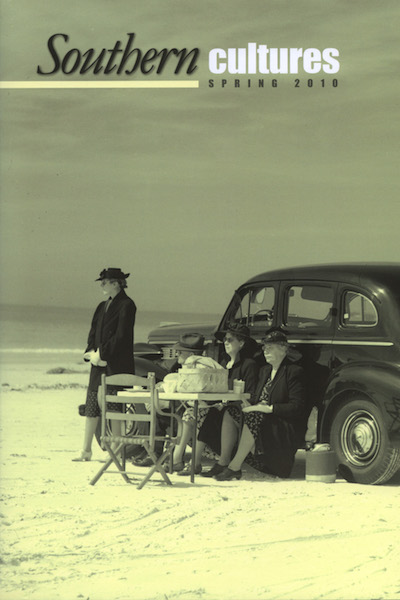University of Pennsylvania Press, 2009
Books are not to be judged by their covers, we are warned; but a blurb for this valuable political profile of the Reverend Billy Graham is provocative enough to warrant consideration. Has he been “the most important American religious figure of the twentieth century”? Such a claim would, almost by itself, justify the judicious scrutiny that Steven P. Miller has provided. Over the course of the second half of the last century, no American was more consistently admired, and perhaps no public figure was more inescapable than this charismatic evangelist. But if importance entails the shaping of events, then surely the blurb would be more aptly bestowed on a monograph on Martin Luther King Jr. Like Graham, King was both a Baptist and a southerner. (They professed to be friends.) King pursued a prophetic mission that made him difficult to domesticate. Graham, by contrast, gave voice to the commonplace, articulating opinions that vast swaths of Christendom already accepted. That is why his high favorability ratings rarely dropped. Even the transfer of the partisan loyalties of the white South, which constitutes the subtext of Miller’s study, was a post-Sixties process that Graham encouraged but did not decisively shape.


